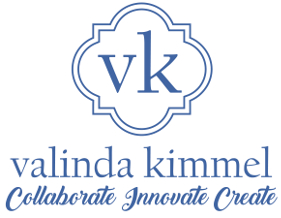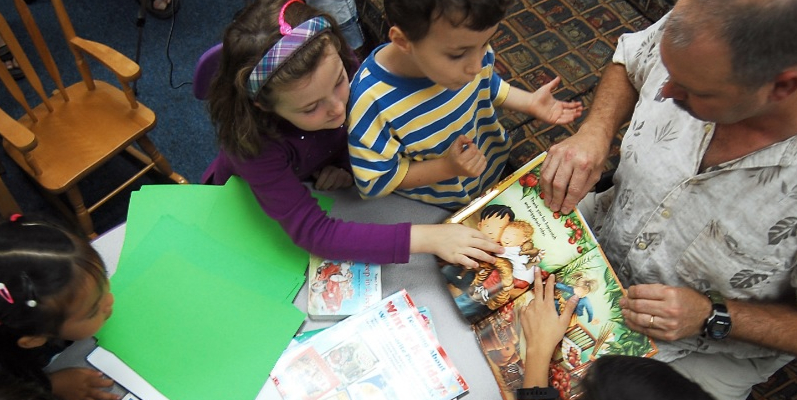Turns out it’s both.
Recently, I was out of town presenting at our state convention. My husband, Mark, and I talked on the phone each evening to check in and talk about our day’s work.
“I’ve got some things to share with you from our leadership training we had at work today,” he said. “These ideas will resonate with you when you coach on those 20 campuses you’re supporting.”
The facilitator for their day of learning shared that he loves Hallmark movies. (I can’t stand them, but I listened anyway.) Mark quoted the session facilitator, “I love them because of the story arc. It’s always the same, but it’s a great leadership model.”
The leadership guy shared that Hallmark movie story arcs have:
- The main character (or hero) faces a challenge.
- The hero finds a guide.
- The guide develops a plan.
- There is a call to action.
- The hero must avoid disaster.
- The guide helps the hero find their happily ever after.
So, I immediately see the connection between the teacher, instructional coach, or principal (the hero) and me (the guide) in my job as a literacy consultant. I’ve blogged about this before. It’s clear to me that the teacher sits in the big chair or i.e., I take my cues from the teacher, coach or principal. The agenda is not mine. It’s the agenda of the person receiving coaching or guidance.
This metaphor of the teacher being the hero in the process of wrangling whatever challenge that’s presented itself, holds a lot of power with me.

As a coach, I’ve struggled with maintaining the balance in my mind between guide and expert. I’m not an expert. I might be considered a specialist in my field since I’ve been at this for the last thirty years, but I’m not an expert.
Let’s play out this Hallmark movie comparison to coaching teachers:
- I meet with a teacher who shares a challenge.
- Together we develop a plan.
- The teacher commits to the call to action (and attaches deadlines and ways to measure success).
- I think strategically about how to minimize barriers so the teacher hero can avoid disaster.
- Together we celebrate as the teacher hero can live happily ever after.
Did you notice I’m not the hero?
I’m just the guide.
The teacher is the one doing the hard work. The teacher is the one who will reap the benefits of the thinking, reflecting, working, adjusting until the challenge is tamed. And the teacher has built the depth of character through the experience to rise, yet again, to the next challenge.
Now, let’s play out this Hallmark story arc in a little different way:
- The teacher guide meets with a student hero (or student heroes) who face a challenge.
- Together they develop a plan.
- The student hero commits to a call of action (and chooses deadlines as well as ways they’ll measure their success).
- The teacher guide works strategically to minimize barriers so the student hero can avoid disaster.
- Together they celebrate so the student hero can live happily ever after to conquer the next challenge that comes their way.
The teacher is not the hero.
The student is the hero.
Beautiful analogy, right? I believe if we, as educators, adopted this way of thinking and acting, our kids would prevail as the prolific thinkers, readers, writers we long for them to be.
Before we ride off into the sunset, one word of caution–
When the guide guide critiques, judges or criticizes the hero, they (the guide) become the villain. Be wise and introduce a third party. “For a writer to satisfy the proficient rating on the composition rubric (AKA the third party) our class designed, the central idea in the paper must be clear and strongly backed up by evidence. Let’s look closely at that again and then you tell me how I can support you.”
As a literacy consultant working with teachers, I often find myself saying things like, “I know how committed you are to preparing your students for their lives as proficient readers and for the upcoming unit assessment, so let’s look once again at the assessment (third party) and the standards (third party) to make sure I can support you to align the instruction and students’ practice with those requirements.”
Teachers, you are not the hero in your relationship with your students. You are, however, the guide. The all-important, significant, notable, critical mentor that helps to develop a plan.
To make clear the call to action.
To minimize barriers.
To support with timely feedback.
To grow a reader.
To grow a human being.









